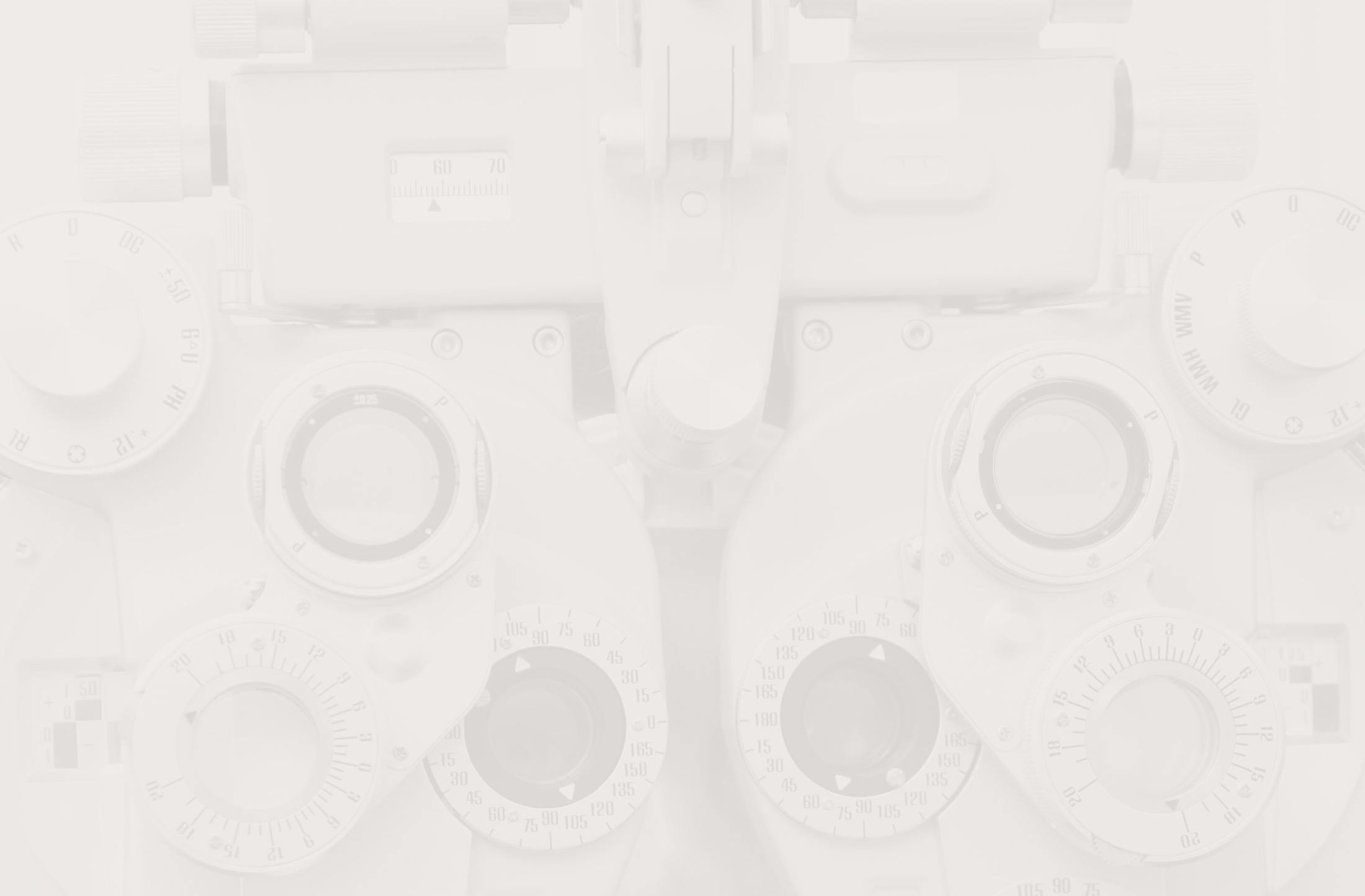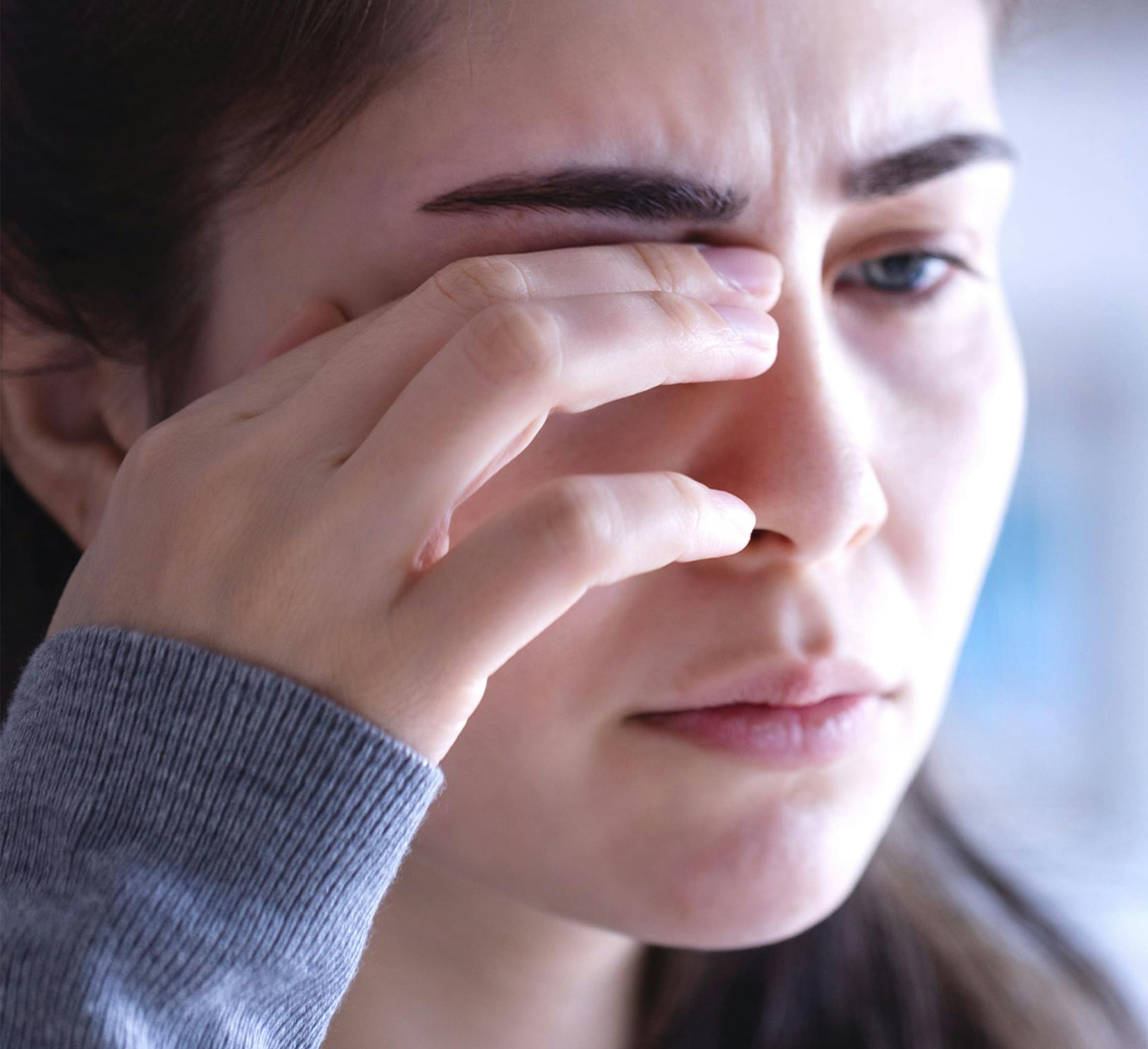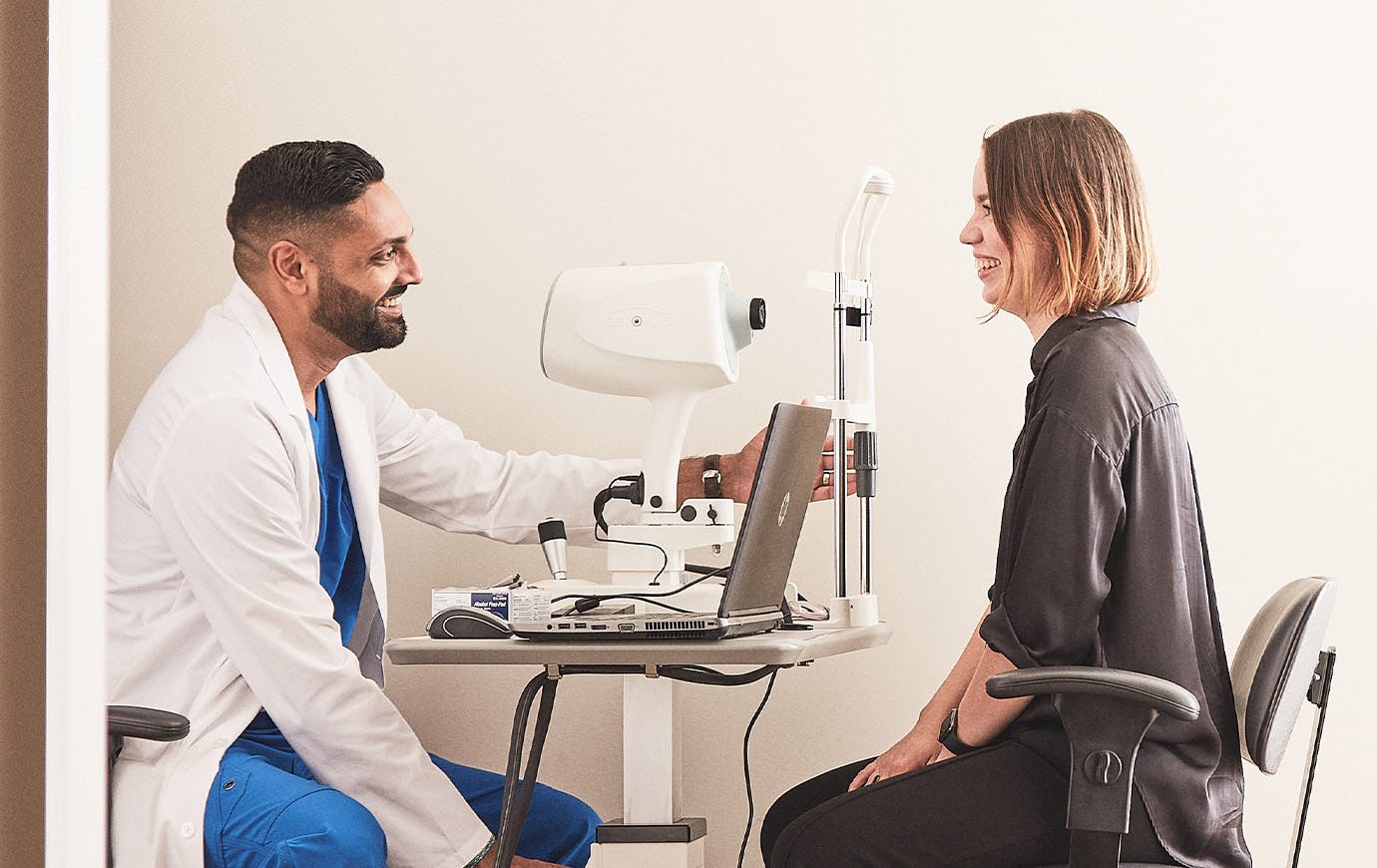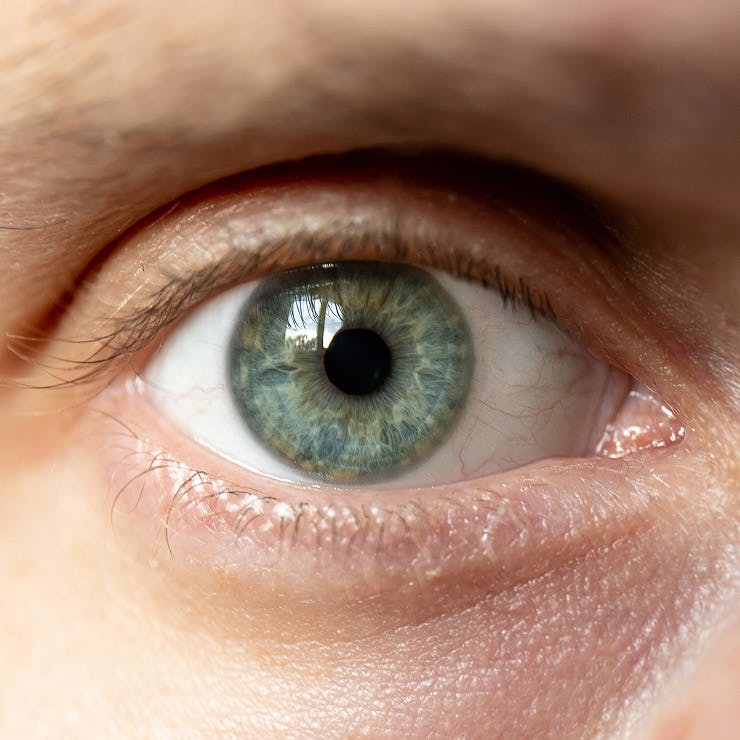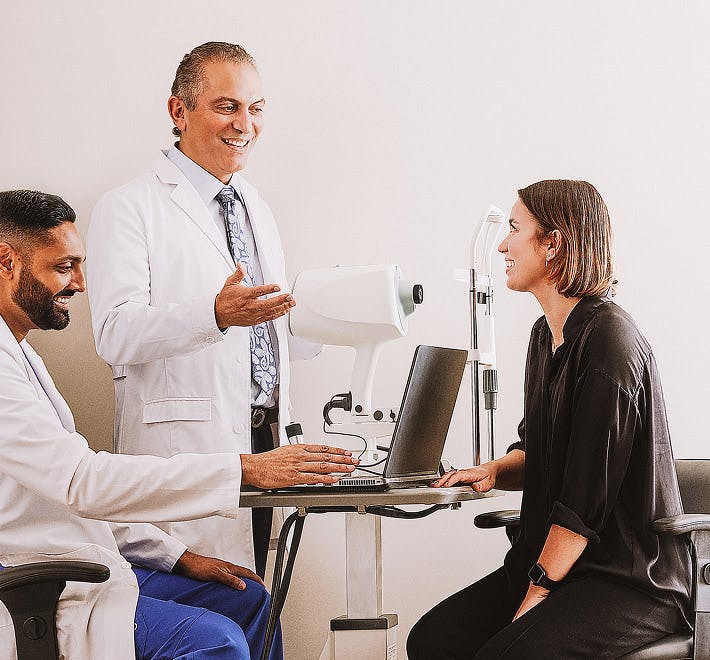Dry eye syndrome affects your comfort and clarity, but relief is closer than you think.
What Is Dry Eye Syndrome?
Dry eye syndrome—often referred to as keratoconjunctivitis sicca—occurs when your eyes don't produce enough tears, or when those tears lack essential components like oils and protective proteins.
This tear film protects your cornea from irritation and maintains clear sight. If it's compromised by decreased tear production or excessive evaporation, you might experience persistent dryness, stinging, and other symptoms that disrupt your routine.
Mild dryness might be manageable with occasional drops, but more severe cases can lead to corneal damage if overlooked. Fortunately, modern evaluations make it easier than ever to pinpoint the specific reason for your dryness, allowing us to recommend targeted therapies.




